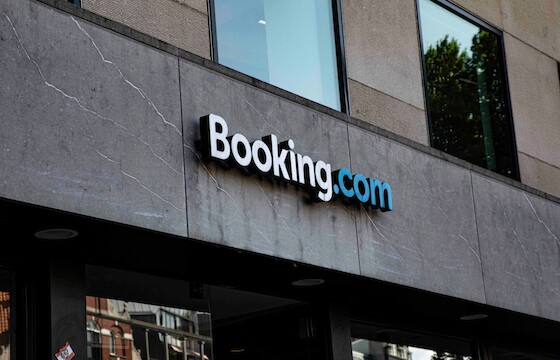1. CASE SUMMARY
A. Summary of facts
Pierre Fabre is a French-based company that manufactures and markets cosmetic and personal care products and has several subsidiaries, including Klorane, Ducray, Galénic and Avène, whose products are sold, under those brands, mainly through pharmacies, in France and the EU. The general conditions of distribution and sale of these products required that the sales “be made exclusively in a physical space, in which a qualified pharmacist must be present”, thus excluding de facto any form of online sales.
Following an ex officio investigation, the French Competition Authority concluded that the ban imposed by Pierre Fabre on its authorized distributors on selling via the internet amounted to a restriction on competition contrary to Article 101 TFEU and corresponding French law. It ordered Pierre Fabre to remove from its selective distribution contracts all terms that are equivalent to a ban on internet sales of its cosmetics and personal care products and to make express provision in its contracts for an option for its distributors to use that method of distribution. Pierre Fabre was ordered to pay a fine of EUR 17,000.
Pierre Fabre challenged the decision before the Paris Court of Appeal, claiming that it unlawfully denied the contested practice the benefit of the VBER and that of an individual exemption.
The Court of Appeal referred a preliminary question to the European Court of Justice (‘ECJ’) on whether a general and absolute ban on selling contract goods to end-users via the internet, imposed on authorized distributors in the context of a selective distribution network, constitutes a hardcore restriction of competition for the purposes of Article 101(1) TFEU, which is not covered by the block exemption, but which is potentially eligible for an individual exemption under Article 101(3) TFEU.
Based on the answer of the ECJ, which is set out below, the referring court ruled that the contested clause was prohibited under Article 101(1) TFEU, that it was not covered by the safe harbour of the Vertical Block Exemption Regulation (the ‘VBER’) and it rejected the application of an individual exemption under Article 101(3) TFEU, a.o. because the indispensability requirement was not met. Pierre Fabre could have achieved its aim by less restrictive means, for example by requiring an online helpdesk or online tutorials for the use of its products, rather than by imposing an absolute ban.
B. Legal analysis
B.1 - Article 101(1) TFEU – applicability
The ECJ referred to AEG-Telefunken to state that agreements constituting a selective distribution system are to be considered as restrictions by object in the absence of objective justification.
A (purely qualitative) distribution system is objectively justified, and therefore outside the scope of Article 101(1) TFEU, to the extent that the Metro criteria are fulfilled, which is the case if:
- the resellers are chosen on the basis of objective criteria of a qualitative nature;
- the criteria are laid down uniformly for all potential resellers and not applied in a discriminatory fashion;
- the characteristics of the product in question necessitate such a network in order to preserve its quality and ensure its proper use; and
- the criteria do not go beyond what is necessary.
The ECJ agreed that the first two conditions were met. Whilst it was for the referring court to examine whether the contractual clause can be justified by a legitimate aim, the ECJ nevertheless noted that it had not accepted arguments relating to the need to provide individual advice to the customer and to ensure his protection against the incorrect use of products, in the context of non-prescription medicines and contact lenses, to justify a ban on internet sales. It also noted that the aim of maintaining a prestigious image is not a legitimate aim for restricting competition and cannot therefore justify a finding that a contractual clause pursuing such an aim does not fall within Article 101(1) TFEU.
B.2 - Article 101(3) TFEU – no block exemption
On the second part of the question – i.e., the possibility for a block exemption – the ECJ ruled that an online sales ban has as its object the restriction of passive sales to end users wishing to purchase online and located outside the physical trading area of the relevant member of the selective distribution system. Also, such a ban is not a clause (legally) prohibiting members of the selective distribution system concerned from operating out of an unauthorized place of establishment (‘location clause’).
B.3 - Article 101(3) TFEU – possibility of an individual exemption
On the third part of the question – i.e., the possibility for an individual exemption – the ECJ repeated standing case law that this possibility derives directly from the TFEU, so that a contract may benefit, on an individual basis, from the exception of Article 101(3) TFEU where the conditions of that provision are met. The ECJ however did not have sufficient information to assess this. As said, the referring court found that the conditions for the application of Article 101(3) TFEU were not met, a.o. because an online sales ban was not indispensable to achieve the aim of Pierre Fabre.





Sign in to post comments